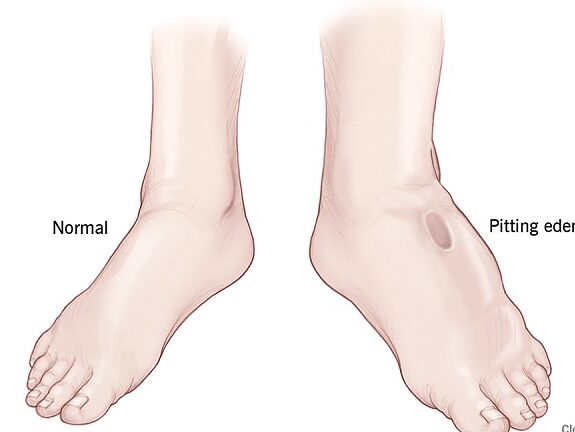9 signs you have a protein deficiency

Proteins fulfill multiple functions in our body, from burning fat and building muscles to strengthening our bones. Hence, the need to be reincorporating proteins is so necessary to avoid protein deficiency and to be able to suffer from some of the following protein deficiency disorders.

One of the main signs of a lack of protein, can be presented through the need for cravings for sweet foods. Carbohydrates, caffeine, chocolate, sodas, energizers, sweets, candy, or cakes; These constant cravings for these non-nutritional foods point to very unstable blood sugar levels. Not everyone with a sweet tooth is lacking in protein, but protein deficiency and low blood sugar are closely linked.
Table of Contents
General protein deficiency problems
The lack of protein reduces the ability to clean the waste products that microorganisms deposit in the body, which are known as free radicals. The action of these wastes causes damage to the cells themselves and can increase the risk of contracting cancer, promoted by an infection of a virus, for example hepatitis B or by ingesting cancer-inducing or promoting chemicals, for example pesticides, fungal toxins, etc.
Signs of a lack of protein
Lack of protein can cause us to be prone to infections in our body that could manifest themselves in the lung and small intestine. For this, it is necessary to control and know how you detect these signs of a lack of protein in our body to improve our health.
1. Not being able to sleep
Another concern that can be the result of a lack of protein in the diet is the inability to sleep soundly at night. Without protein, the body tends to crave carbohydrates and sugar in excess. This creates a dependency on sugar for energy. However, sugar and carbohydrates burn quickly, creating highs and lows in energy levels, leading to a sleep disorder and lack of sleep or discomfort when trying to conceive.
2. Cracks or sores in the corners of the mouth
Cracks in the corners of the mouth or mouth sores mean that we are lacking zinc, iron and B vitamins (especially B2, B3 and B12). This symptom is common in vegetarians who do not have a balanced diet, or also when they are on a diet and do not consume the necessary nutrients.
The solution to this problem is to add to the food: chard, peanuts, lentils, legumes, sesame paste and dried tomatoes (for those who do not eat meat) Reinforce the consumption of vitamin C to promote the absorption of iron, as for example in citrus, broccoli or bell pepper.
3. Red skin rash and hair loss
When there are rashes on the skin and the hair begins to fall out at the same time, it may be indicating a lack of proteins, for example we may be lacking biotin (B7) and excess elements. To avoid it: eat mushrooms, nuts, salmon, avocado, cauliflower, bananas and raspberries.
4. White or red markings on cheeks, arms and thighs
If the marks that appear are white and red, and are concentrated on the cheeks, arms and thighs, it is the translation of the low amount of essential fatty acids and vitamins A and D. The solution to this problem is to stop eating so much fat trans and increase healthy. Foods such as salmon, almonds, walnuts, flax seeds, chia or hemp are very good alternatives to counteract this problem. Also, green leafy vegetables and root vegetables.
5. Tingling or numbness in the hands and feet
If we lack folic acid and the B complex vitamins, we will feel tingling and numbness in our hands and feet. It is related to the peripheral nerves and is often combined with fatigue, depression, anxiety, fatigue and hormonal imbalances. The solution is to eat beets, spinach, beans (of all types), and asparagus.
6. Cramps and shooting pains in legs and feet
Cramps and pain in the extremities are due to a lack of calcium, potassium and magnesium, as well as too intense physical training. To reverse this situation, it is vital to eat hazelnuts, bananas, almonds, pumpkin, apples, cherries, grapefruit, broccoli, and all green leafy vegetables (especially spinach).
Signs of chronic protein loss
One of the signs of a lack of protein but in this case chronically, it can cause any of the following conditions or abnormalities.
7. Loss of muscle mass:
You can lose muscle mass and in turn not repair the existing one. This is because the body “feeds” on the proteins that are in the tissues and muscles.
8. Delayed growth:
There is a delay in both physical and psychological growth. It is known that a child who has not been fed properly in the first years of life, has a great chance of suffering from education and growth problems in his height.
9. Failures in the cardiovascular system:
Lack of protein can trigger heart problems, as well as type 2 diabetes which would lower blood sugar levels, known as hypoglycemia, produced by an imbalance between insulin and glucagon.